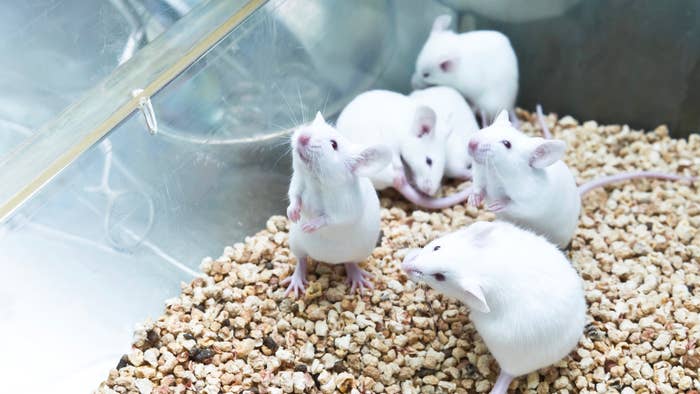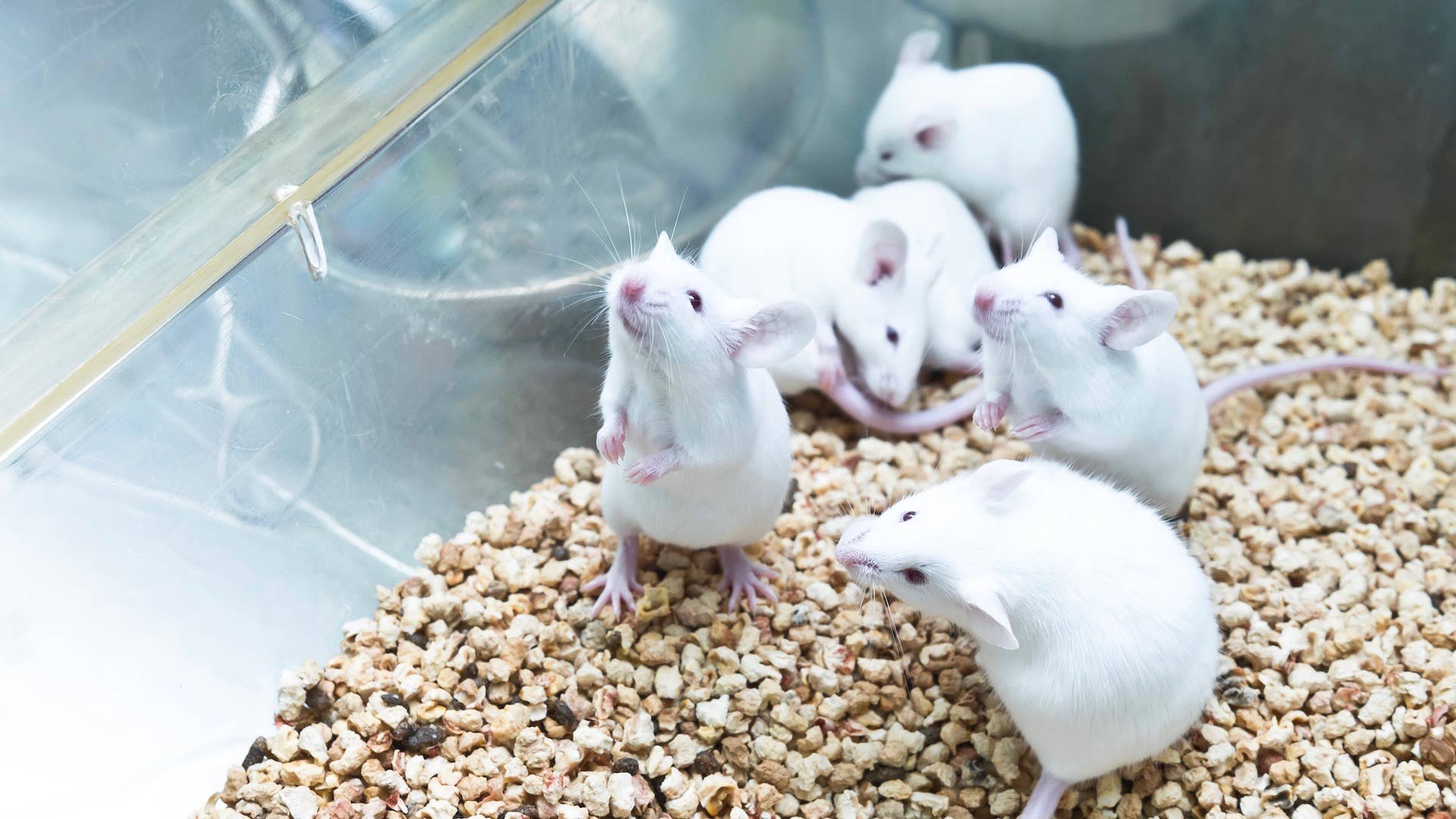
Scientists have made a major breakthrough in reproductive biology.
According to CNN, researchers in Japan have successfully created a litter of mice with two biological fathers. Experts said the first-of-its-kind development could open new avenues in fertility research for a wide range of species, including humans.
The team, led by Osaka University biology professor Katsuhiko Hayashi, outlined their work in a newly published study in Nature. They reportedly began by taking skin cells from the tails of fully grown male mice and transformed “them into induced pluripotent stem cells.” They then removed the Y-chromosome of these cells and replaced it with a “borrowed” X chromosome, thus making them chromosomally female. From there, the scientists were able to produce fertilized egg cells, which were subsequently implanted into female mice.
Hayashi said only 1 percent of the 630 mouse embryos developed into healthy pups, adding that the low success rate was “due to the suboptimal condition of the culture system.”
Scientists said the breakthrough could enable same-sex couples to share biological children; however Hayashi cautioned that the process is fairly inefficient and could pose a number of challenges.
“It (will be) difficult to produce babies from male-male (human) couples because of both technical and ethical reasons,” he explained. “But it is theoretically possible to produce babies from male-male couples, as shown in this study.”
Researchers said the findings could also help revive species that are on the brink of extinction, as they only need male cells to create a fertilized egg.
“This is a very exciting finding for species conservation,” Mike McGrew, Personal Chair of Avian Reproductive Technologies at The Roslin Institute at the University of Edinburgh, tells CNN. “You could imagine that the many ‘biobanks’ that are being established to capture genetic diversity stored for endangered species of animals. By chance, only or predominantly male cells may be conserved for some species.”

